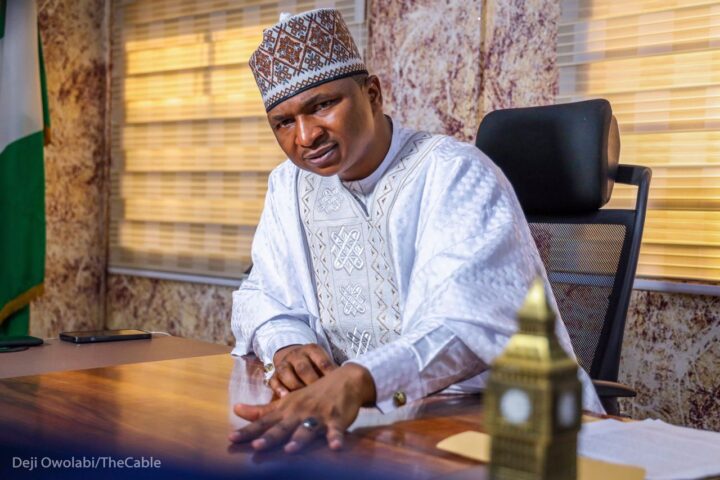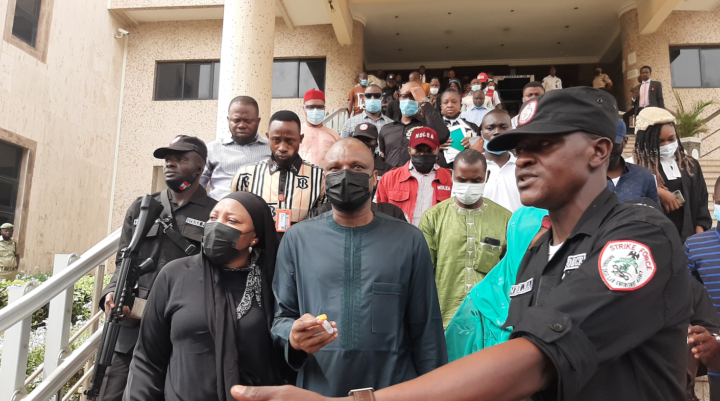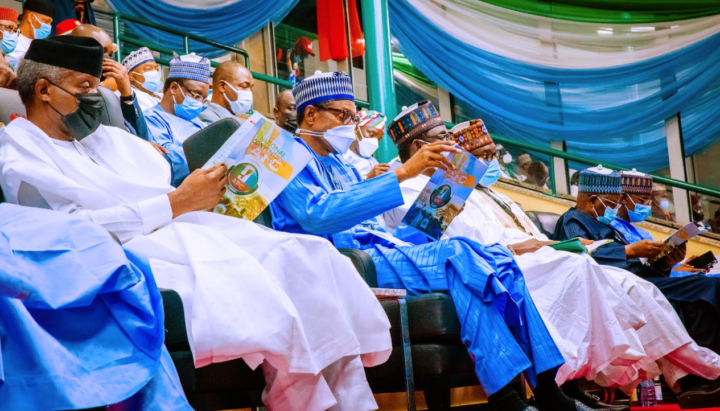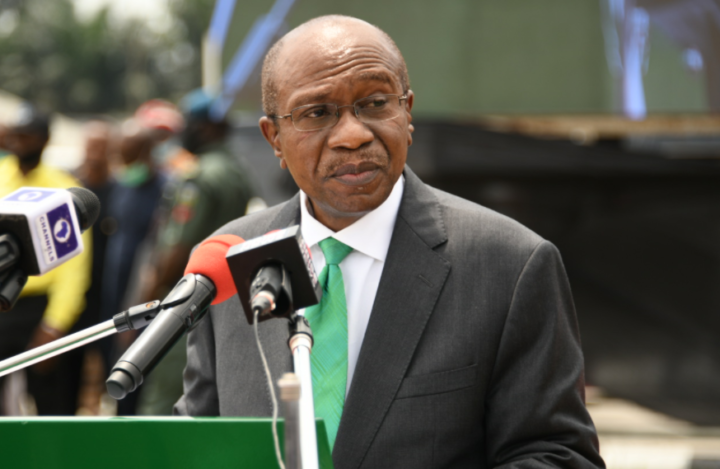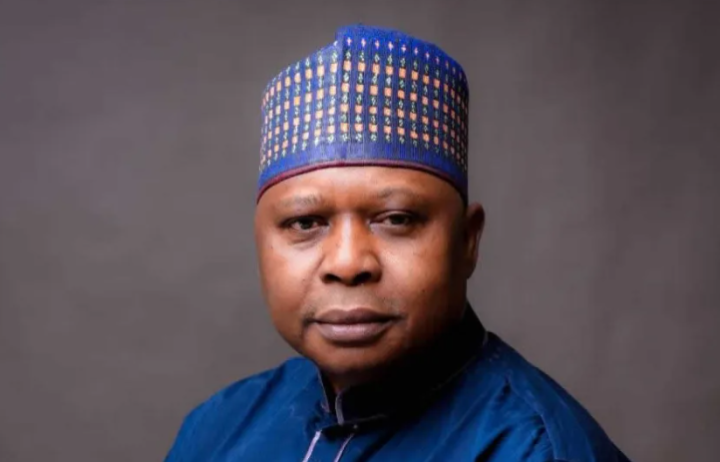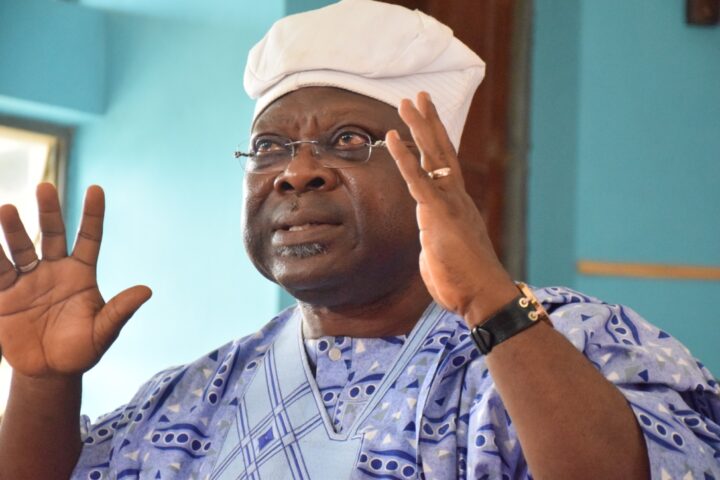On March 12, Hamzat Lawal, the chief executive officer of Connected Development (CODE), turned 35. For Lawal, this is not only a year of exit from youth but also of transition. Marking his birthday with a symposium in Abuja, with the theme – ‘The Man. The Journey. The Transition’, Lawal declared that he would be involved in partisan politics going forward. For an activist and a youth and community development advocate over the years, the next phase of Lawal’s life seems to be filled with hopes, big dreams, and equal challenges. In this interview with TheCable’s MAYOWA TIJANI and VIVIAN CHIME, Lawal shares his life’s journey as an activist, dropping out of school multiple times, and future aspirations.
TheCable: This is 35. And officially you have reached the age for exit from youth, going by the age limit of the African Youth Charter. You have been instrumental in youth movements over the years, how would your transition affect your youth advocacies?
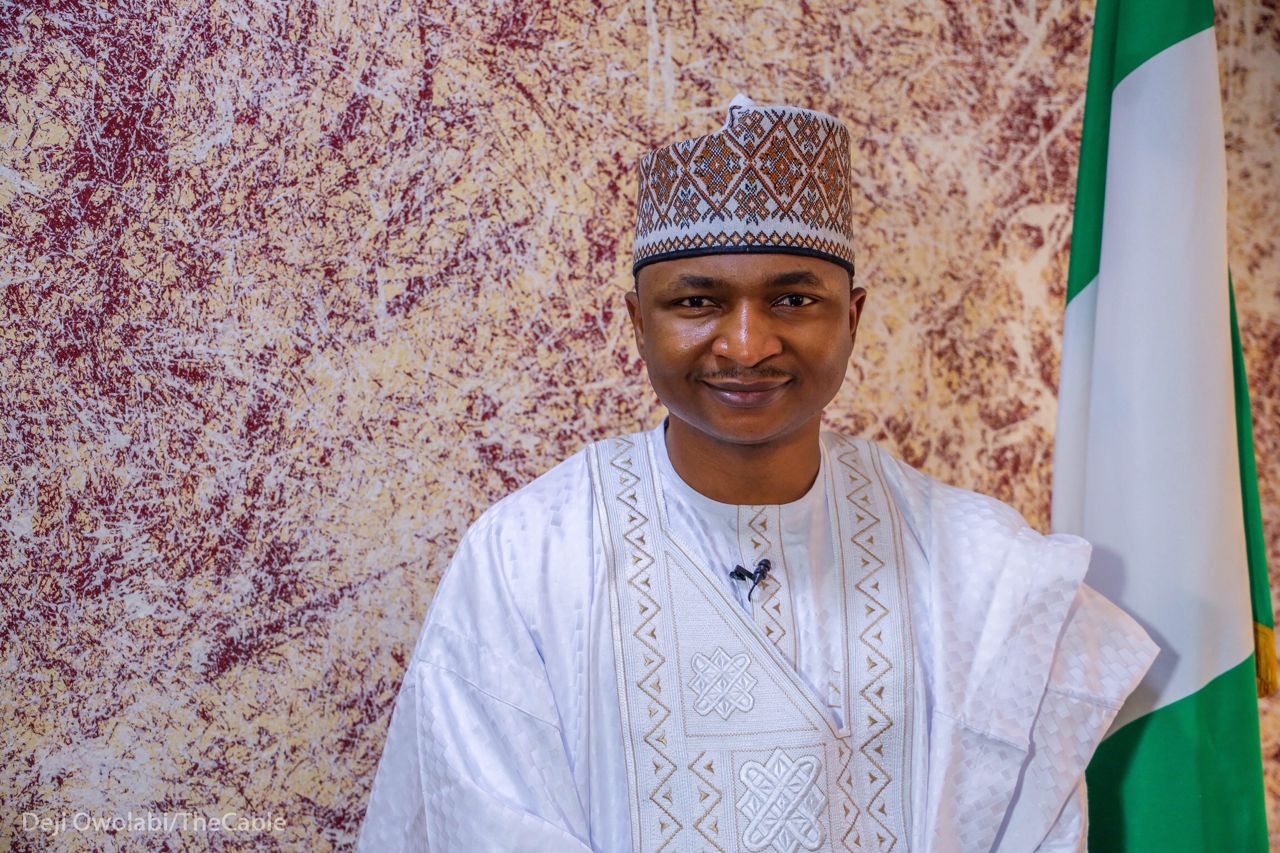
Lawal: For me, I will still remain a strong voice for youths and young people because now I’m transitioning from being a youth to being a young person. I will be a strong voice for them, I will continue to create a platform for them and provide opportunities for them but I will also leave the space for them.
Advertisement
So, I currently sit on over 17 boards both internationally and locally and I currently chair three of those boards, after I turn 35, I would send resignation to over half of those boards, and I would publicly make a statement on the boards I’m stepping down from and I would recommend [youths]. What I have deliberately done is to invest in younger people so I would recommend younger people from across Nigeria that can take up those positions.
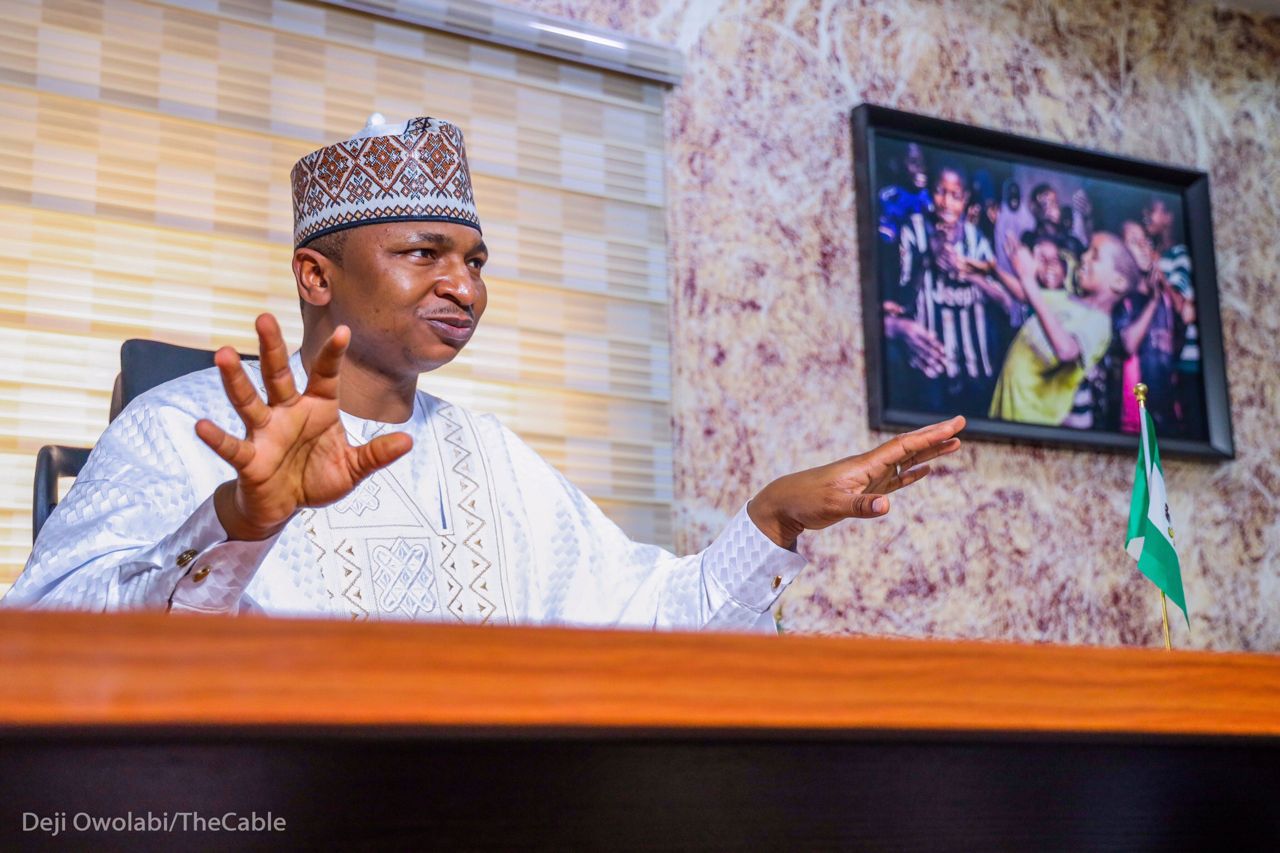
For me, creating opportunities for young people is exiting the space and leaving it for them, not being there and saying I am an advocate for youth, no. Being an advocate for youth does not mean I have to take their space, and I think youths also need to learn that the older generation would not want to relinquish power or leave the space, you have to take it. But yes, I don’t want other young people and youth out there to struggle to break through, I want to be able to mentor them and guide them.
Advertisement
I would launch a mentorship program and make it more formal where annually I take some people under my wings, transfer knowledge, guide them, shape them and expose them.
TheCable: With ‘Follow the Money’ and ‘Connected Development’, how far will you say you have come in your advocacy and in bringing intervention to communities around Nigeria?
Lawal: Thank you! So ‘Follow the Money’ story, jumping in a bus from Abuja to Gusau was about seven hours and it’s really hot, sometimes it gets to 42 degrees. From Gusau to Anka at that time was three and a half hours with a terrible road. From Anka to Bagega is about four and a half hours. No road, so you either go on a motorcycle, a camel, a donkey or a horse and it is a pathway, so no road. I took a motorbike, getting to Bagega I was covered in dust.
Advertisement
So for me, technology played a big role, with my smartphone, I was taking pictures, of course with the permission of community members, doing short videos and of course, I understand basic Hausa because they don’t understand English in the Bagega community in Zamfara state and then coming to Abuja and leveraging on Twitter, Facebook, Instagram aggregating this information that we call data and just launching a campaign with a hashtag that went viral.
First, it went from trending on Twitter in less than 48 hours to in less than 72 hours the then president, President Goodluck Jonathan approved the sum of 5.3 million dollars which was close to a billion Naira and that’s how ‘Follow the Money’ started.
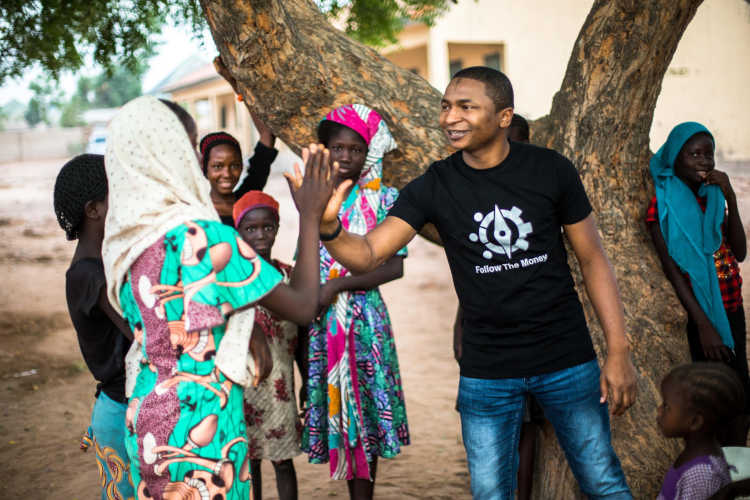
We ensured we followed the money from the disbursement and ensured it moved from Abuja to Gusau to Anka to Bagega and interventions happened that saved 1,500 children. Before then, over 700 children had died, so it was underreported because in the news report it was saying 400 but when I went underground and I did my fact check it was over 700 children.
Advertisement
They also had other successes, now you have a tarred access road from Gusau to Bagega, it takes you less than one and half hours to get to Bagega from Gusau, something that took close to nine hours. They now have solar-powered water [boreholes], they have a state-of-the-art primary healthcare center, they have a renovated primary school with a new computer laboratory built for them. Now they have mobile networks, the last time I was there, I tweeted from Bagega.
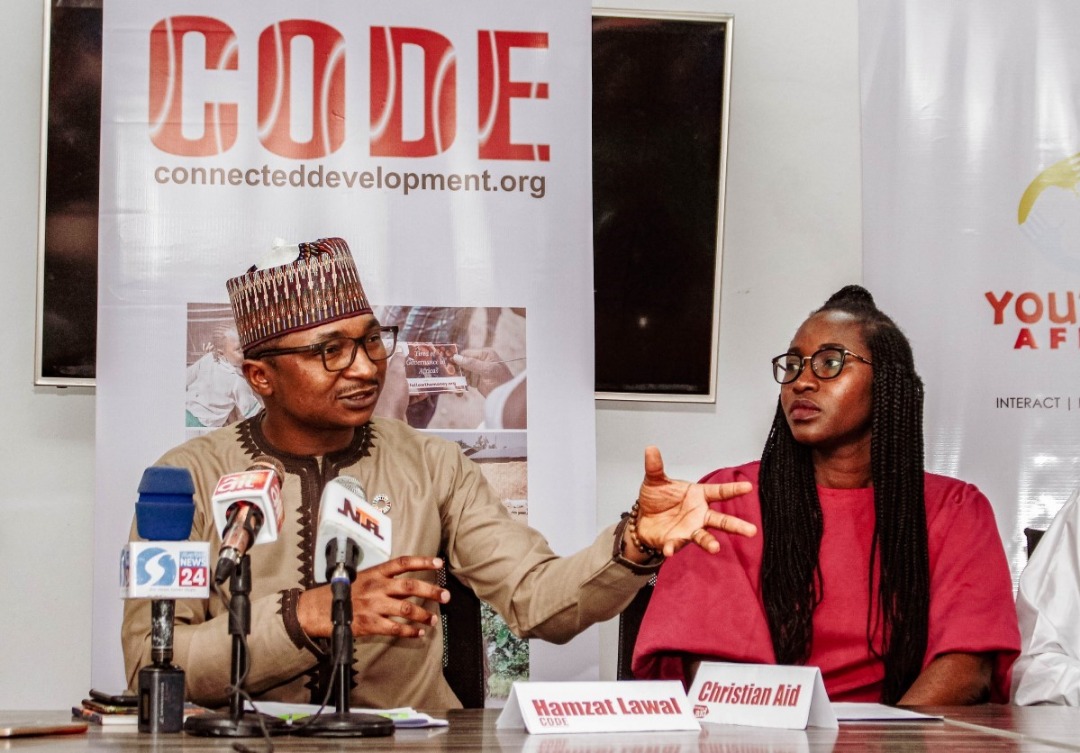
Advertisement
The first time I was there, there was no network, but today, you know, the GDP has increased, they have more businesses in the community, they can communicate with the outside world, they’re more integrated with digital technology and the kids are going to school, they’re healthy.
So for me, this is just one intervention and it moved from one campaign now ‘Follow the Money’ is running over 30 campaigns per quarter. So every three months, because now ‘Follow the Money’ is the fastest growing social accountability movement, we have 8,000 members in African countries but we have 10 chapters, so we have offices in 10 countries that are being led by campaigners and activists. They are running campaigns led by citizens, taking ownership, and ensuring physical accountability, particularly at the grassroots.
Advertisement
TheCable: How do you ensure funder’s monies are judiciously used by your NGO and what is your funding system like?
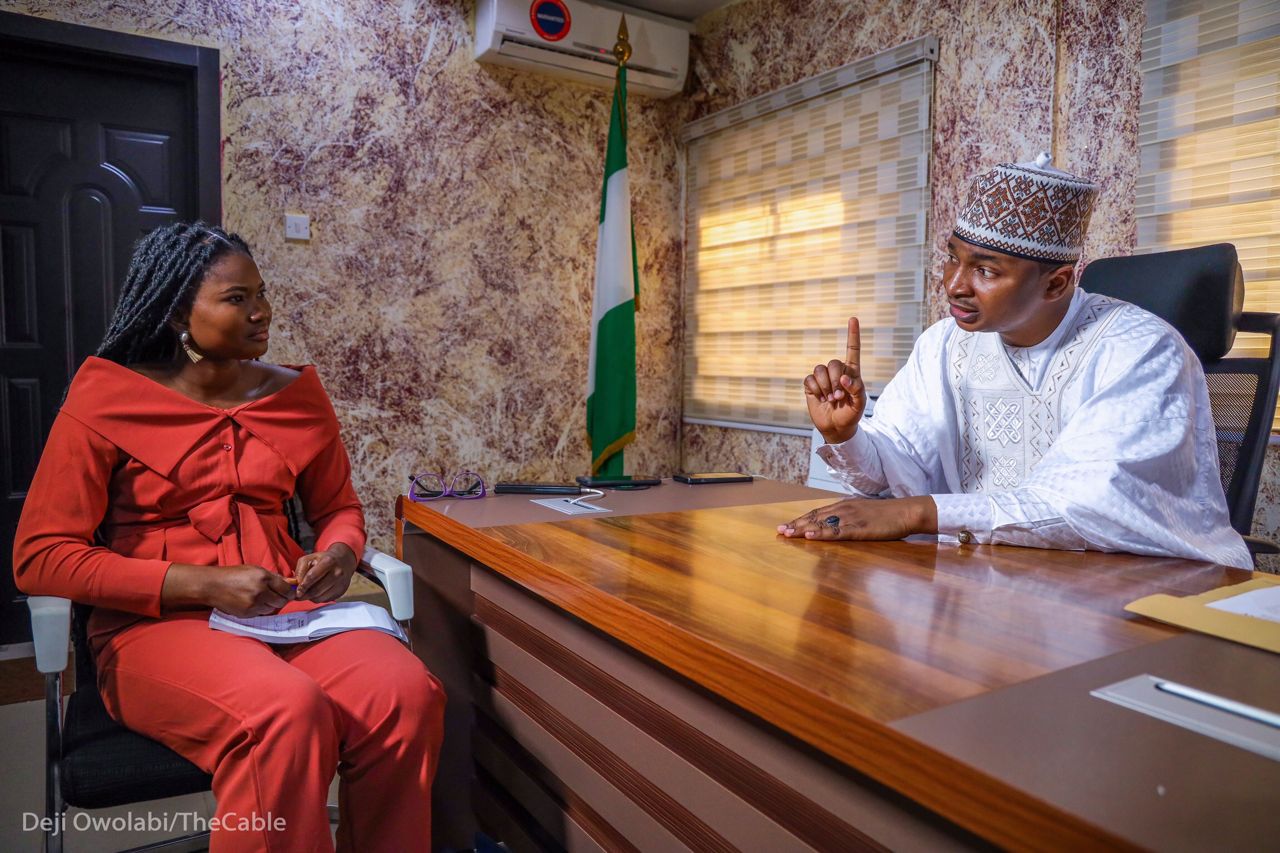
Advertisement
Lawal: I’m glad you asked that question. A lot of people have a misconception about grants and donor money. There are what we call donor reporting, donor checks and balances; you have audits, you also have a board that oversights your activities, that approves your budget and also oversights your spending and you retire to.
It’s not a free-for-all, these people will not give you their money and then you go and sit down, no. You do reports, there are a series of reports, some you do quarterly reports, some you do biannual reports and then you also have to submit your independent audited account, internal and external.
Then every quarter you would face the board and give accounts of programmes, finance, and human resource. So I think there is a misconception but we are heavily regulated, the civil society space, by government, I have received FIRS in my office, they have come and looked at our payroll and they are trying to be sure that we are actually remitting PAYE tax. You think the Nigerian government does not have access to my account?
It’s not easy accessing grants, it’s not easy accessing funds, there are some donors that after the project they’ve not renewed, so if it was that easy then money would just be coming in. There are times that you have to cut down overhead, that means sacking staff, just because a project has elapsed and they didn’t renew, it’s not easy.
TheCable: About the future, you said you want to be EFCC chairman for 2 years, but the law does not allow civilians like you to become the EFCC chairman, so how do you want to go about that?
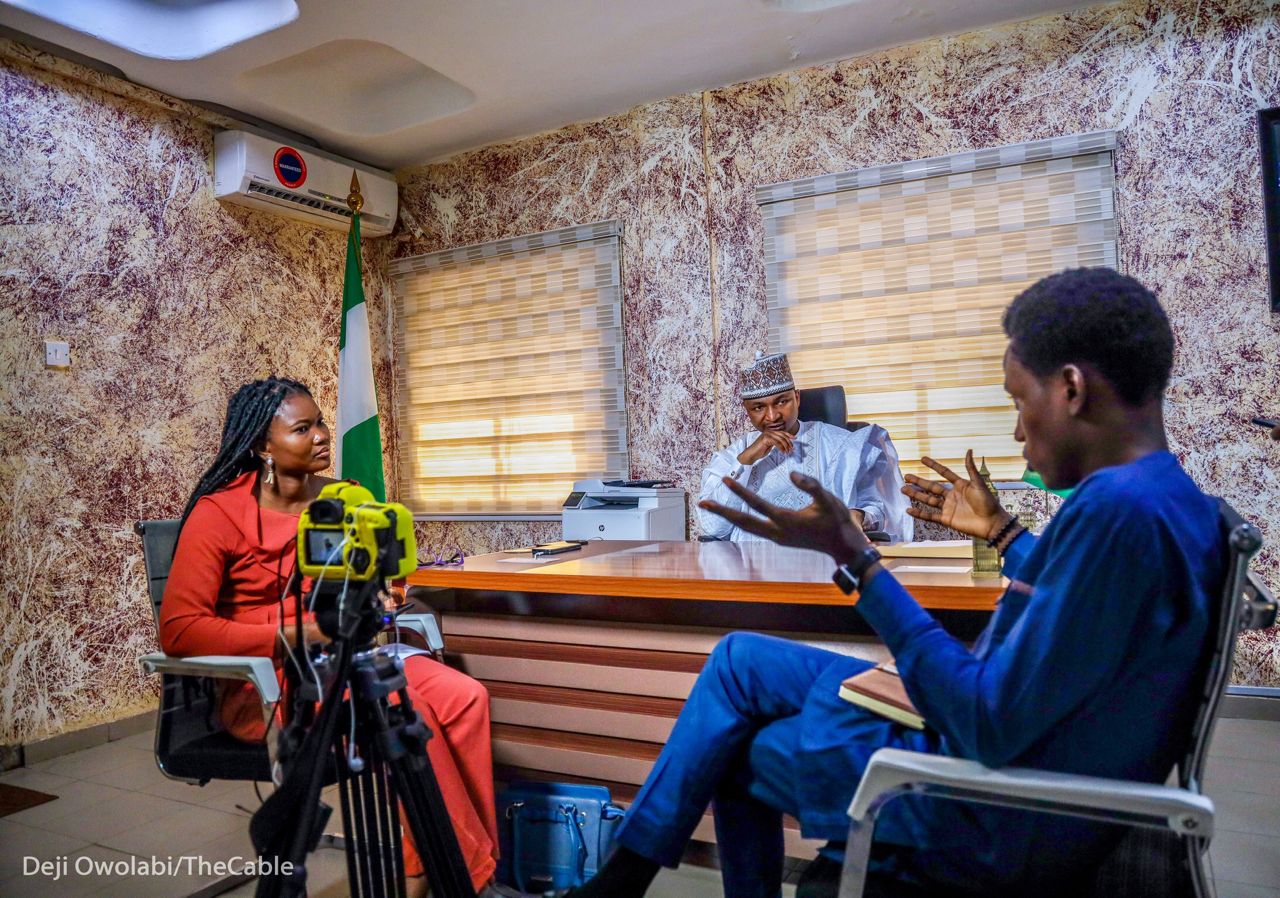
Lawal: One thing I have learnt over the years with my experience with advocacy, with campaigning, every law is subject to review and amendment. As much as I am passionate to transition to hopefully in the future become the chairman of EFCC, yes currently the law does not allow it because I am not a police officer or I have never been a police officer, and I don’t want to be selfish about it, if the law does not get amended, as long as we see reforms, we see institutional reform, we see results and changes, particularly in financial crime, I think I would find contentment in that.
So it’s not about me, as much as I am ambitious to become the chairman of EFCC. But I also think, you know before now I have always remained on the sidelines, there is this notion that politics is dirty, that it’s going to make some of us that are successful in other spheres of life stain our credibility and our name and years of efforts of work.
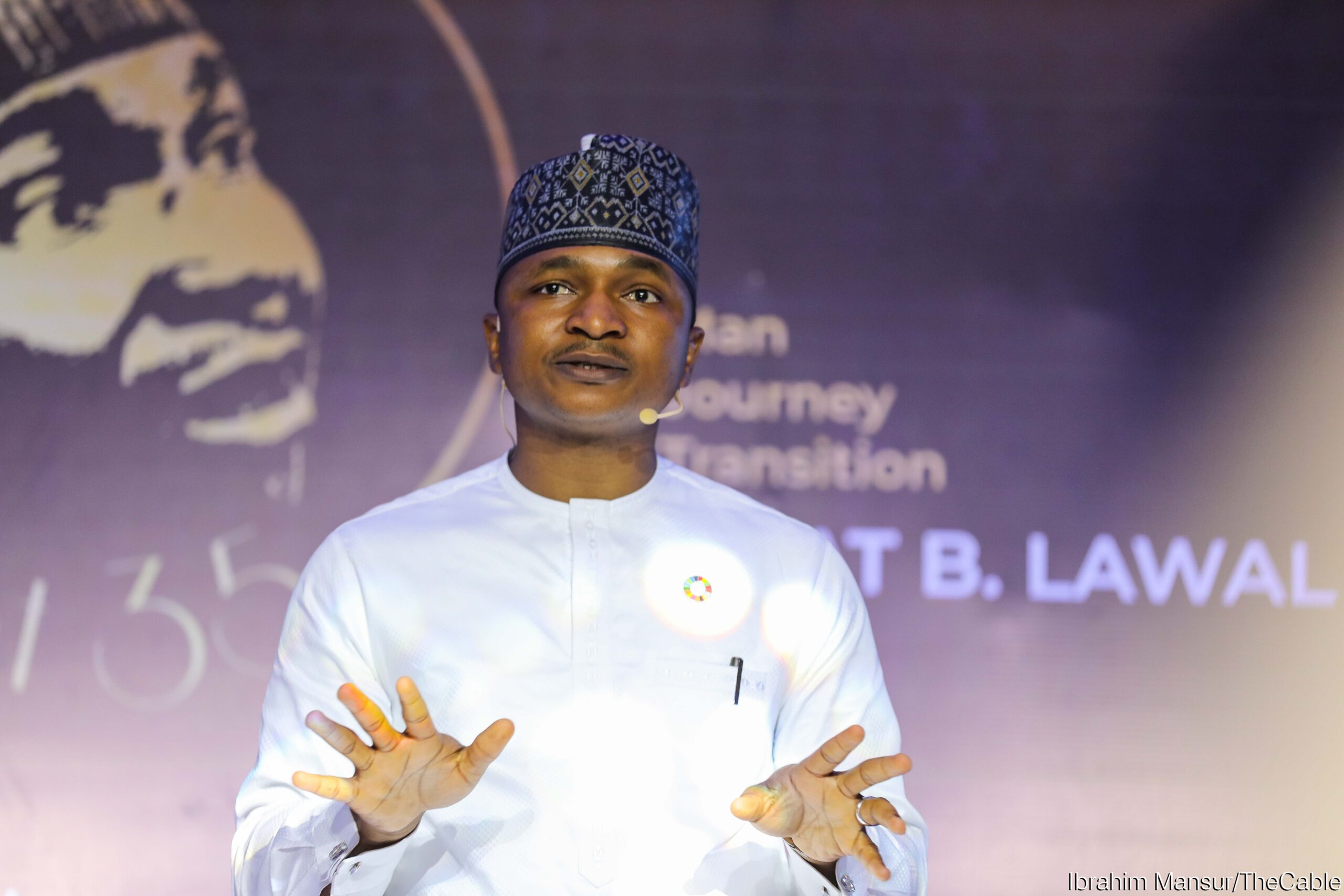
But who then changes Nigeria? If we as young professionals are looking at politics as a dirty game, where has it taken us, we’ve agonized, we’ve complained, we’ve ranted on Twitter space, on Twitter, on Facebook, nothing has literally changed.
So for us we are saying we will not remain in the sideline, we will not continue to agonize, we would organize, we would mobilize, educate and bring young people, women and people who live with disability to decide the fate of Nigeria because we must change the political journey of our country at this critical time.
